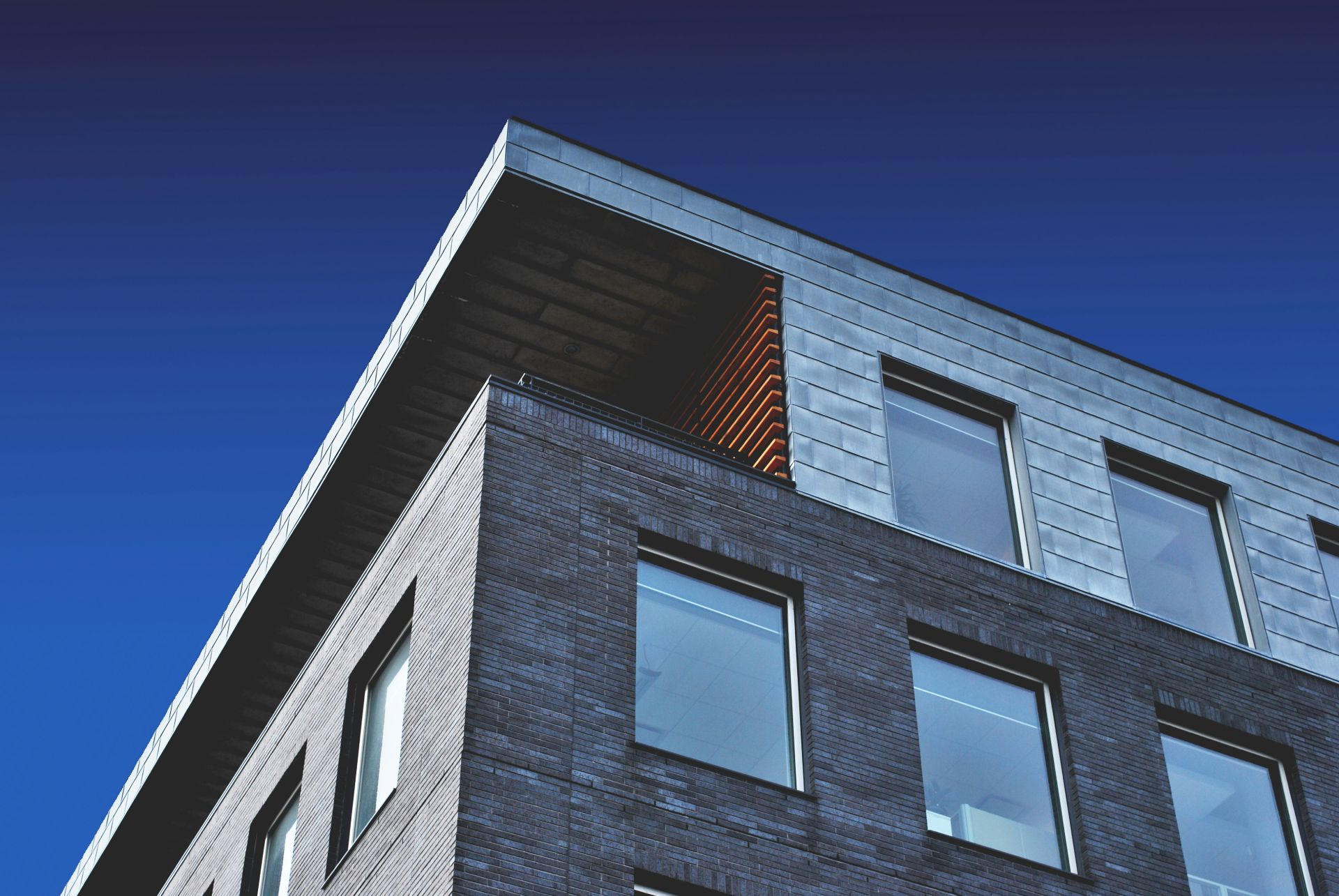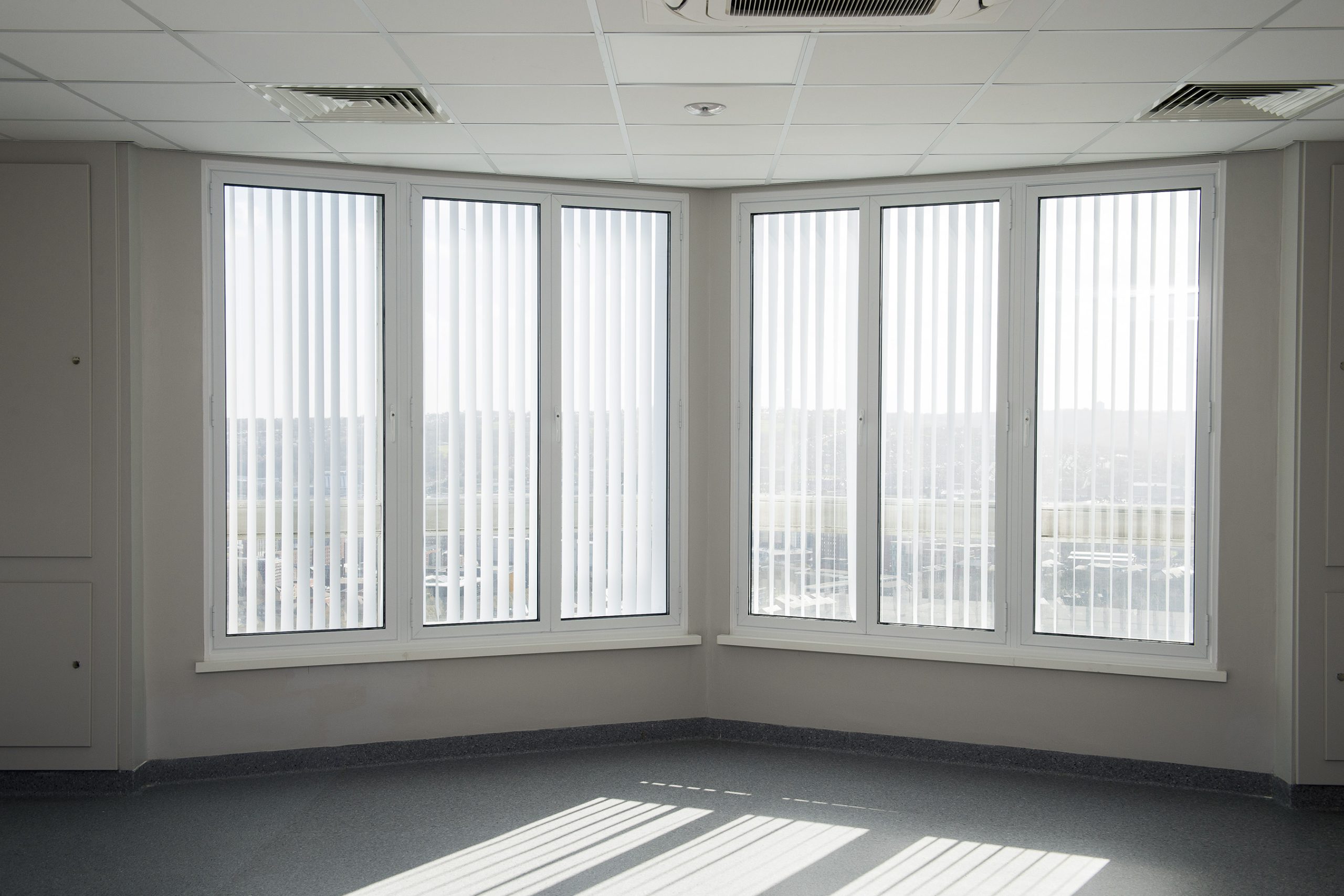Quiet, Please! Reduce Nuisance Noise with Secondary Glazing
When you’re trying to relax at home, you don’t want to hear the constant thrum of road noise, the roar of an overhead plane or your neighbours having a domestic. Even with double glazing installed, external noise can seep into your home and disturb your peace and quiet. Fortunately, there’s a solution that helps reduce unwanted sounds so you can enjoy your home’s inner sanctuary: secondary glazing.
The Impact of Nuisance Noise
It’s not just noisy neighbours, loud music or barking dogs that are a nuisance to the ears. Noise from building works, factories, security alarms and busy roads can grate on the nerves too. Unwanted noise can cause stress, anxiety, fatigue and disturbed sleep (the latter being linked to effects on cardiac health.)
If you’re affected by nuisance noise, the first step is to identify the source and see if you can complain to your local authority or the police to get it stopped. But if the cause is environmental or industrial, you probably won’t be able to do anything about it. In which case, you could look at making some changes to your home to reduce noise intrusion.
How Does Noise Enter the Home?
Noise can enter the home through windows, doors, walls and ceilings. But windows, in particular, are a weak point – they’re essentially a hole in your wall! If you currently have single-glazed windows or ill-fitting frames, it’s probably no surprise that they’re letting noise through (as well as cold air).
How Secondary Glazing Can Help Soundproof Windows
Secondary glazing involves installing a glass or plastic panel on the inside of your existing windows, much like a second window. It’s an entirely separate unit with its own frame.
The ‘secondary window’ provides an extra (sealed) barrier between the room and the external window. A pocket of air is trapped in the middle, helping to insulate the room not just from cold air but also from external noise.
With secondary glazing installed, sound waves must first penetrate the primary window and then pass through the air pocket before finally penetrating the secondary window. The bigger the air pocket (the gap between the primary and secondary window), the further the sound must travel.
Granada Glazing’s hinged secondary glazing units are tested and proven to offer a reduction of up to 54 decibels when used with acoustic glazing. To put that into perspective, an ordinary conversation is spoken at around 60 decibels, while heavy traffic can be as loud as 88 decibels (three decibels higher than the ‘dangerous decibel’ limit at which hearing can become damaged).
Secondary glazing acts as a triple defence barrier helping to reduce noise pollution. It substantially tones down noise from the outside world so you can enjoy acoustic comfort in your home.
A Cost-effective Solution for Reducing Nuisance Noise
If you live in a built-up area prone to noise from traffic and industrial works – or you just have loud neighbours – secondary glazing can help reduce the level of unwanted noise entering your home. Contact us today to learn more about the benefits of secondary glazing or to get a free quote.




